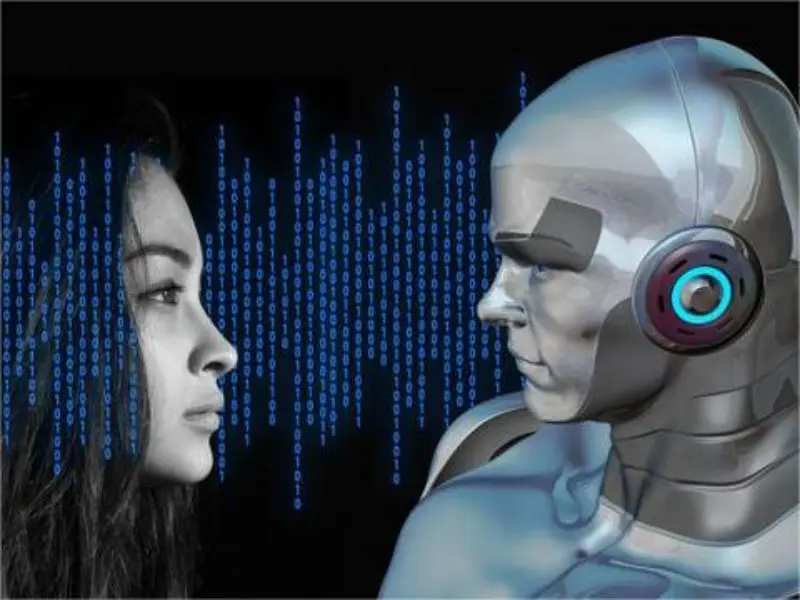- A group of writers is suing AI startup Anthropic, accusing the company of committing ” large-scale theft” by using pirated books to train its popular chatbot Claude.
- The lawsuit, filed Monday in federal court in San Francisco, alleges that Anthropic acted contrary to its propaganda by using a repository of pirated works to build its AI products.
OUR TAKE
While this is the first time a writer has launched a lawsuit against Anthropic and its Claude chatbot, similar cases are by no means rare. The increasing number of lawsuits filed against developers of large-scale language models for artificial intelligence in recent years shows that the intellectual property rights of original authors has not been thoroughly protected by the popularity of AI.
— Iydia Ding, BTW reporter
What happened
A group of writers is suing AI startup Anthropic this week, claiming it committed “mass theft” when it trained its popular chatbot Claude on piracy of copyrighted books.
The small San Francisco-based company, founded by a former OpenAI leader, has pitched itself as a more responsible, safety-focused model of generative AI. But a lawsuit filed Monday in federal court in San Francisco says Anthropic acted contrary to its propaganda, using a repository of pirated works to build its AI products.
The case is tied to a growing number of lawsuits filed against AI developers in San Francisco and New York. The cases all stem from tech companies taking in large amounts of human writings to train AI chatbots to produce human-like passages of text without obtaining permission or compensating the people who wrote the original works.
Anthropic had not responded to a request for comment as of Monday.
Also read: SoftBank ends AI-chip plan with Intel
Also read: South Korean AI chip firms Rebellions and Sapeon announce merger
Why it’s important
While this is the first case against Anthropic and its Claude chatbot, initiated by three writers, a similar lawsuit against OpenAI, maker of rival ChatGPT, has been ongoing for more than a year. Cases with similar plots are by no means rare.
The number of lawsuits filed against developers of large-scale language models for AI has surged within the last few years of AI’s rapid growth. What all the cases have in common is that the tech companies have cited a large number of human writings to train AI chatbots to produce human-like passages of text without obtaining permission or compensating the people who wrote the original works. Anthropic and the other tech companies have argued that the training of the AI models complies with the fair use doctrine of U.S. law, which permits limited use of material protected by Copyright-protected material.
This shows that there is no mature and complete system or regulation that can regulate the intellectual property rights of AI technology. The government should enact appropriate laws and regulations as soon as possible to protect the rights of original authors.

